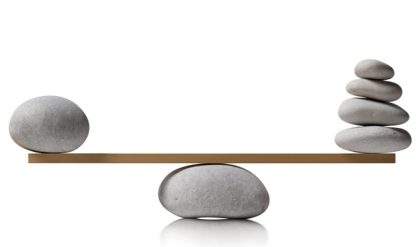• A commercial bank is called a dealer of credit.
• It can create credit i.e. can expand the monetary base of a country.
• It does so not by issuing new money but by its loan operations.
• Banks create money on the basis of the cash deposits.
• The process of credit creation is that the depositors think they have so much money with banks and borrowers from bank say they have so much money with them.
• Summing the two, we find an amount more than the cash deposit.
• Suppose a bank receive a sum of ` 1,000 as deposit, keeps with it 20% (` 200) as CRR (cash reserve ratio) and lends and rest.
• Depositor will claim he has ` 1,000 and bank borrower too possesses ` 800.
• Thus total money supply appears to be ` 1,800 only. It is the credit creation by a single bank.
• The above example can be extended to cover the banking system as whole. Suppose ` 800 is deposited to another bank.
• This bank’s base will now expand. It will keep 20% of ` 800 (` 160) as cash reserve and will lend ` 640.
• This sum is redeposited to a third bank which keeps 20% of ` 640 (` 128) and grants a loan of ` 512.
• This process will continue and the amount of fresh deposit will go on falling.
• A time will come when deposited sum will be equal to CRR.
• The process will then come to an end.





